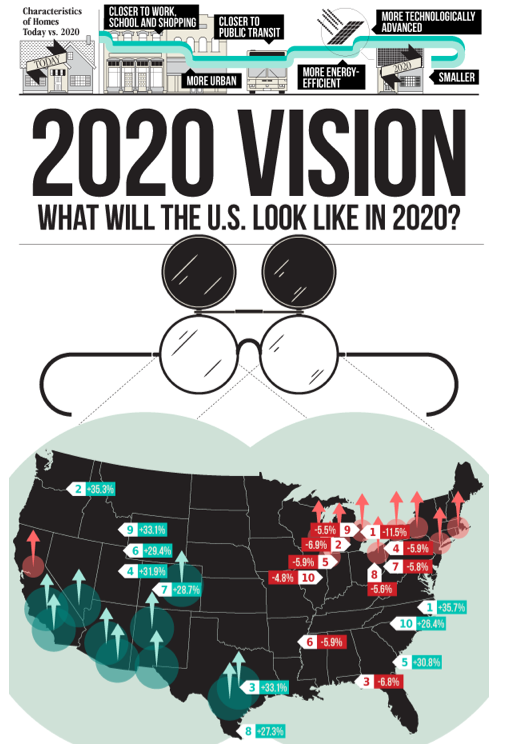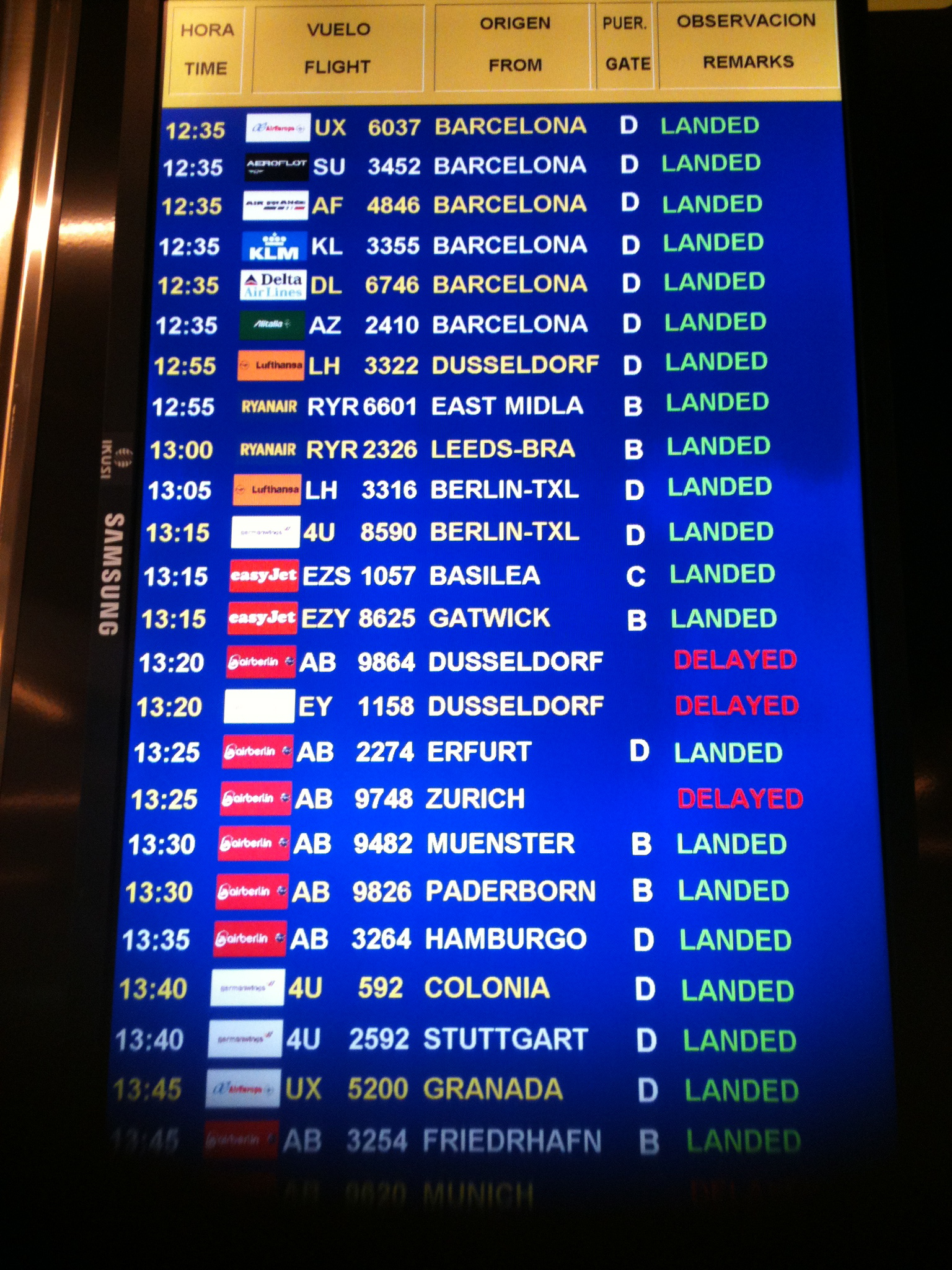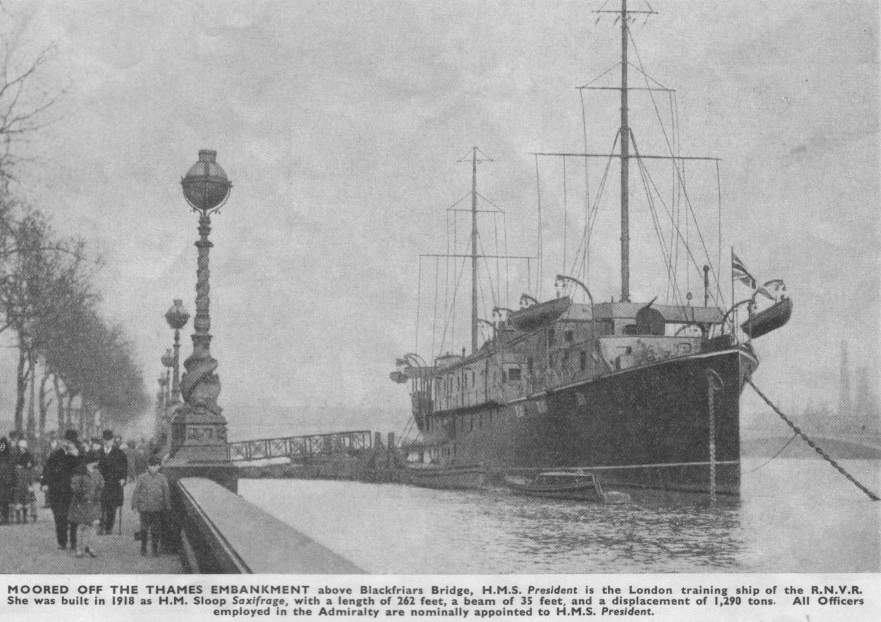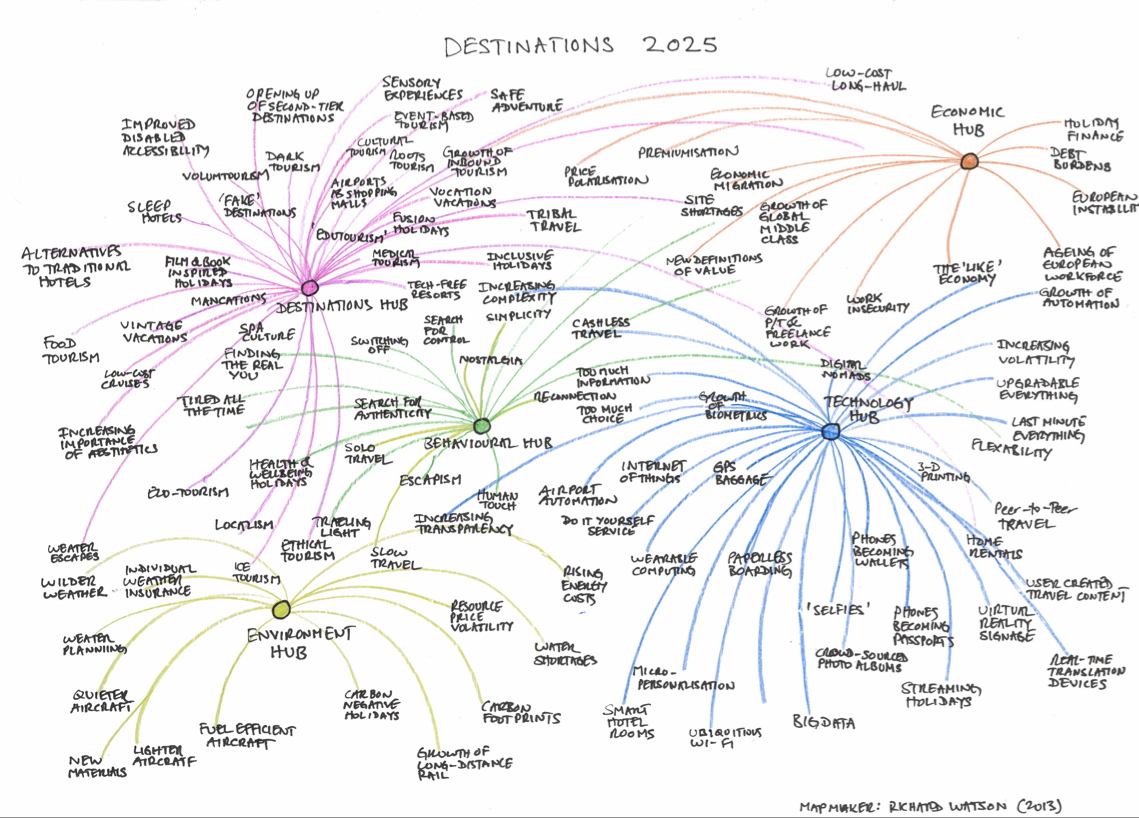Kenneth Arrow, the recipient of a Nobel Prize for economics in the 1970s, once spoke about the response he and colleagues received during WW2 when they demonstrated that the military’s long-term weather forecasts were no good. The response he received was that: “The commanding general is well aware that the forecasts are no good. However, he needs them for planning purposes.”
Putting aside the fact that we have got much better at weather forecasting of late – in the UK, 7-day weather forecasts are as reliable as 3-day forecasts were back in 1981 – this is a good quote because it highlights two critical issues. The first is to do with how much of the distant horizon you can see and the second is whether or not anyone will listen to you.
I would like to outlining two reasons why forecasting goes wrong and suggest a few simple remedies.
In my opinion, the 1st reason that so many forecasts about the future end up in the dustbin is that we extrapolate from recent experience. Most futures are thus contemporary futures, which tell us more about what’s happening now than what’s likely to happen next.
Why do we do this? It’s almost impossible not to. This is partly because we tend to prioritise new information, partly because of Group Think – where a desire for cohesion or harmony out-ranks alternative ideas or viewpoints – and partly because of confirmation bias – the fact that once we’ve made our minds up about something our subconscious filters out anything that challenges this viewpoint.
The gravitational pull of the present is therefore strong, but we can still achieve escape velocity, firstly by recognising what we are doing with regard to our thinking and secondly by considering our hidden histories.
What I mean by hidden histories is that we must recognise that each of us sees the world in a slightly different way due to personal experience, but also that a bright yellow marker pen should be applied to the fact that how an individual – or even an entire country – will act in the future is partly driven by what’s happened to them in the past. For example, for me Russia is driven by loss of empire, so I’m fairly confident that at some point a strong leader will attempt to recreate Russia’s old sphere of influence.
The 2nd reason that I think we get the future so wrong is due to another form of straight-line thinking. We live in a highly complex world, but our instinct is to simplify things. All of the systems that we interact with, or inhabit, are highly complex and contain feedback loops. Unless we recognise this interdependence and these counter-forces any linear forecast is doomed to fail.
For example, many people are concerned about Peak Oil. But for me, how much oil we have left depends on the price of oil. The higher the price, the more oil we’ll have, because a higher price creates more incentive to find and extract more oil. Peak Oil is also blind to substitution effects and behavioural change driven by regulation or pricing.
But that’s not the reason why I’m relaxed about Peak Oil. The main reason I’m relaxed is that all predictions contain at least one assumption about behaviour or events. In the case of Peak Oil, the assumption is we’ll need oil in the future. But maybe we won’t.
It is a long forgotten fact, but at one point we in Britain were deeply concerned about Peak Wood. It was once the dominant fuel and a key building material and it was becoming expensive due to rapid urbanisation and the destruction of forests for agriculture.But this came to an end in 1712 when the invention of high-pressure steam allowed the use of mechanical pumps to remove water from deep coalmines – an invention that ultimately led to the Industrial Revolution and, as an unexpected by-product, the economic and cultural demise of China according to some commentators.
So how can we offset our inclination to indulge in linear forecasting?
The trick here, I believe, is always to walk your straight-line thinking through a fairground hall of curvy mirrors. The best way, in one sense, to imagine the future is to ignore – or at the very least question – what is commonly expected to happen. And the best way to do this is to take conventional wisdom and invert or distort it.
As for whom or what gets listened to about the future, the answer appears to be that we believe people that look confident and seem to know what they are talking about – and this generally means experts in suits that use the word “Will” a lot and elude to a professional qualification or affiliation. In contrast, we tend to ignore the ideas of independent individuals that look a bit messy, appear unsure of themselves and use really confusing words like “Might” or “Could.”
As to what gets listened to, I’m afraid that we generally see and hear whatever it is that we want to see and hear, which generally means good news and a comforting extension of the status quo.
This brings me to my final point, which is that a ‘What?’ is often quite easy to foresee. It’s the ‘Where’, the ‘When?’ and most importantly of all the ‘So what? – especially the human reaction to unfolding ideas and events – that’s so difficult to get right.
But that doesn’t mean we shouldn’t try.






